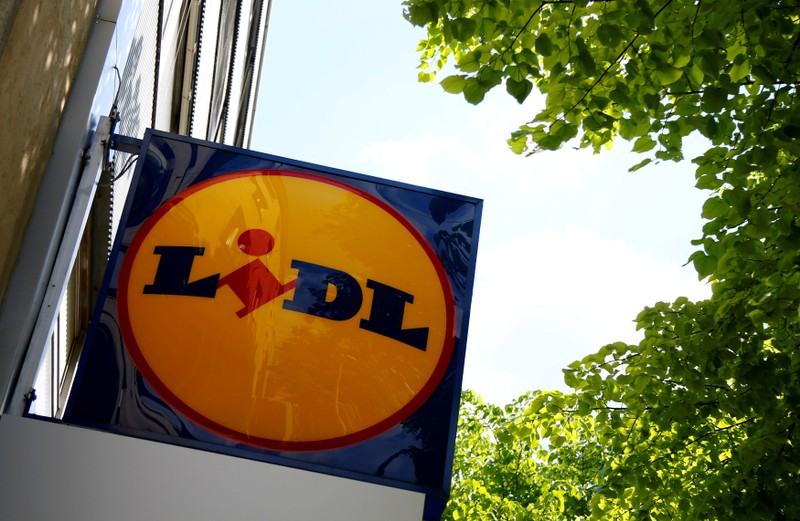
A drop in customers buying cryptocurrencies with credit cards slightly dampened Mastercard’s quarterly growth, the company said on an earnings call this week.
While cross-border volumes grew by 19 percent, that number dropped by 2 percentage points from the fourth quarter, in part because fewer people bought digital currencies like bitcoin with their credit cards.
“This is due to the recent drop-off in crypto wallet funding,” Mastercard chief financial officer Martina Hund-Mejean said on the earnings call Wednesday. “We expect cross-border growth to moderate somewhat.”
Customers can use Mastercard to buy in and out of cryptocurrencies, and store them into what’s known as “crypto wallet.” But some banks have prohibited the practice.
Bank of America, JPMorgan Chase and Citigroup are among those that banned credit card purchases for digital currency in February, citing price volatility and potential credit risks.
Mastercard’s CEO pointed to uncertainty in Asia, and said some exchanges are pulling back in South Korea, while others in Japan are worried about security.
“There’s a lot of concerns even in Japan because one of their biggest exchanges got hacked,” Ajay Banga, president and CEO of Mastercard said on the call. “As you can see, right now there’s a little less interest than there was in the latter part of the fourth quarter and the first quarter.”
In December, bitcoin rose to nearly $20,000 after starting the year below $1,000. Its 1,300 percent rise in 2017 was followed by a sharp correction this year. The cryptocurrency lost nearly half of its value in the first three months of 2018, according to data from CoinDesk.
Mastercard’s CEO made it clear on the call that cryptocurrency is not a major part of corporate strategy because of its unpredictability.
“This is not something we count on because we just don’t know how to predict it or we don’t even want to count it,” Banga said.
While the cryptocurrency factor is “interesting,” it’s also not a key factor for Mastercard’s value, said James Friedman, analyst at Susquehanna Financial Group.
“It’s their job to transact anywhere that the consumer or merchant carries their card, and cryptocurrencies is the place it’s showing up,” Friedman said. “But I don’t think it’s relevant to the Mastercard investment thesis, we won’t penalize them for it.”
Shares of Mastercard charged more than 3 percent higher Wednesday after the company reported first-quarter profit and revenue that beat Wall Street analysts’ expectations. The stock was trading near $187 as of 1 p.m. ET Thursday.

